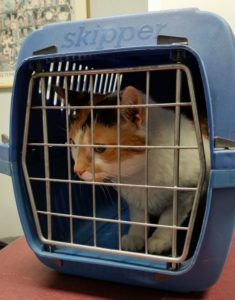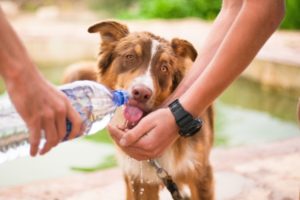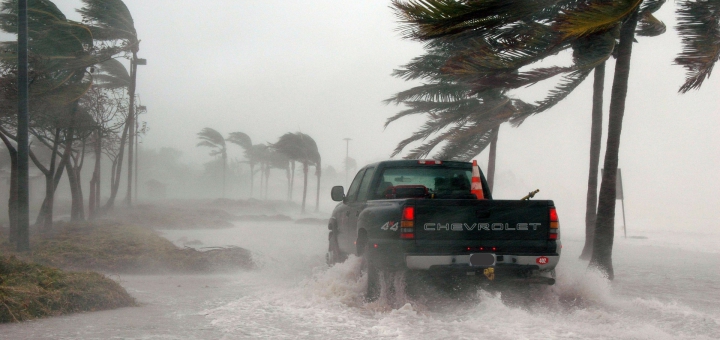If you live in an area at high risk of natural disaster, you may well have a plan for if you need to leave your home for safety reasons.
For any emergency plan worth its salt, you will have factored in how you are going to look after your kids and anyone else living in your house.
But what about your pets? Have they been factored into your emergency plans?
Although it may seem that your pet can simply tag along with you and stay wherever you seek refuge, in reality domestic animals often require additional planning beyond what may be needed for a child. This is not least because animals require their own food, may not be allowed in emergency shelters, and will not be able to understand why their surroundings have changed.
You therefore really ought to have an individual plan for keeping your pet safe during an evacuation situation, and here’s how you can do it.
Before the emergency
The biggest risk to your pet’s safety when away from home for a long period of time is that they might get lost or become ill. You can minimize the chances of these two things happening by making sure that your pet is microchipped and that their vaccinations are up to date.
This needs to be done before an evacuation happens. Immediate veterinary care might not be available if a natural disaster strikes your hometown.
It will also be far easier to find a lost pet if their collar is up to date with your information, and if you have recent photos of them. It’s well worth keeping these photos handy and making sure that you take them with you when you leave your home.
If your pet has basic obedience training, such as being able to respond to commands of staying by your side and coming when called, that will also greatly reduce their chances of getting lost.
What supplies will my pet need?
Although the exact supplies your pet will need will vary from species to species (and even from particular animal to animal) there are some absolute necessities for any animal.
The most obvious of these are food (two weeks worth if you can carry that), some form of bedding to stop them from getting sores if sleeping somewhere hard, collars and leashes, as well as any required medication.

Bedding and Towels!
Smaller animals (anything from hamsters to small dogs) will also need a portable cage that they can be carried in, as they will struggle with long distances.
When it comes to keeping your pet fed, you need to think beyond just the food. Your animal will also require bowls for their food and for water, as well as potentially a tin opener to open any canned food.
Don’t forget to bring their favourite toys and treats as well; life can be tough on the road!

Carriers Will Keep Cats and Small Pets Safe
What is my pet gets injured or ill when we’re away from home?
Given that natural disasters might cause local vets to be unavailable, it’s important that you can perform basic first aid on your pet if they become injured or unwell.
First aid for animals is similar to humans, your primary aims are to preserve life and buy time while more advanced help can be found.
In terms of injuries, the biggest threat to your pets life will be blood loss or infection. You should therefore have the materials and knowledge to tie a tourniquet in order to stop bleeding, and to have disinfectants and bandages readily available.
When your pet is in pain they are likely to have less control over their behaviour and may be aggressive towards their owners. It’s important to be mindful of this. Do not put your hand near your pet’s mouth or try and sooth your pet by hugging or stroking them when they are visibly in pain.
As far as illnesses go, this might be more difficult to treat yourself, and professional care might be your only hope. You can mitigate the likelihood of your pet getting sick when away from home by making sure that their jabs are up to date and taking as much of their medication as you can before you leave home.

Don’t Forget Lots Of Water For Everyone!
Author Bio: Dan Patrick is a survival expert who lives for the great outdoors with his two dogs, Cody and Amber. He runs outdoor education website survivaldan.com
Follow Pressplay Pets blog:
Follow Instagram and Facebook.
Pressplay Pets a blog for the modern age pet parent interested in health & care, news, reviews & personal accounts of unconditional love & at times heartfelt pain of pet parenting!
Follow Us!




Thanks for sharing these tips because in an emergency situation, it can be hard to remember everything. We do pet transport, so you also had some helpful thoughts that I believe I will add to our transport.
Pet owners must include separate first aid kits for their pets in case of calamity or evacuation situation. This very informative indeed. Nice article.